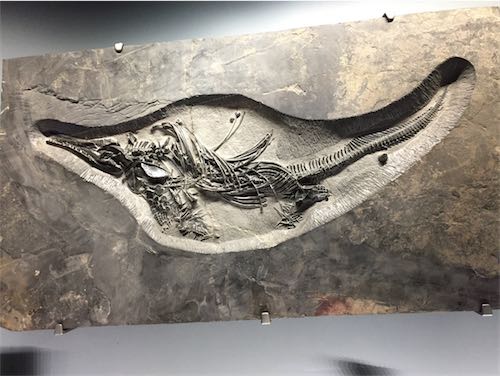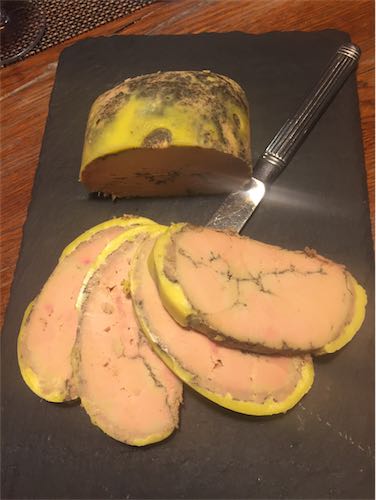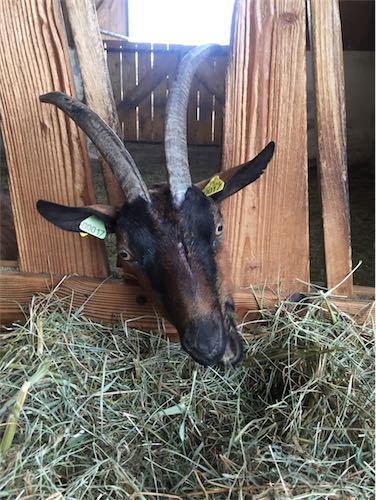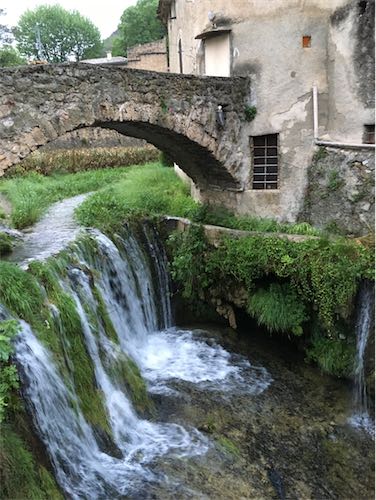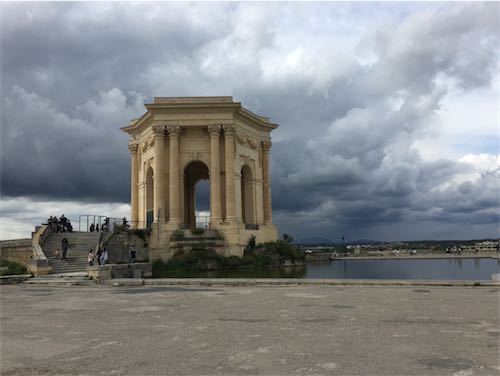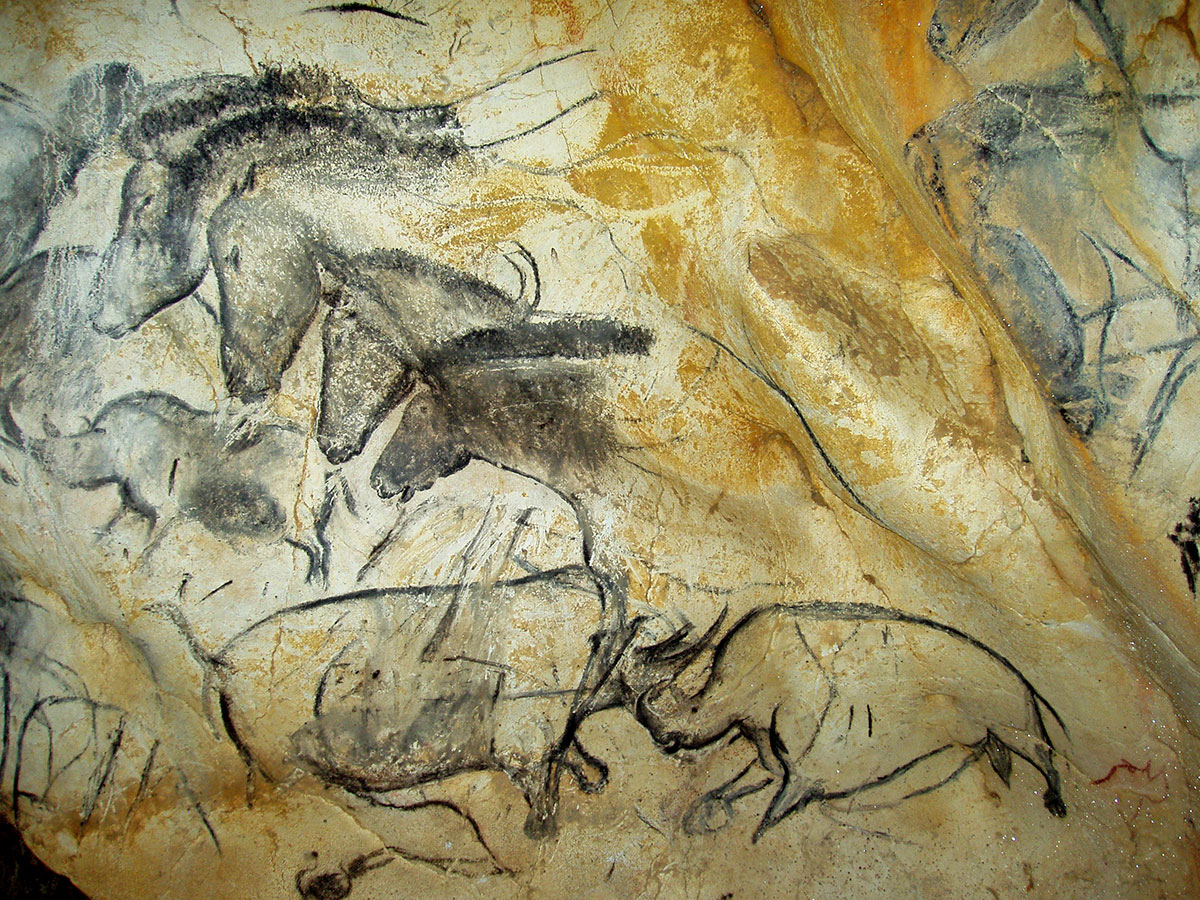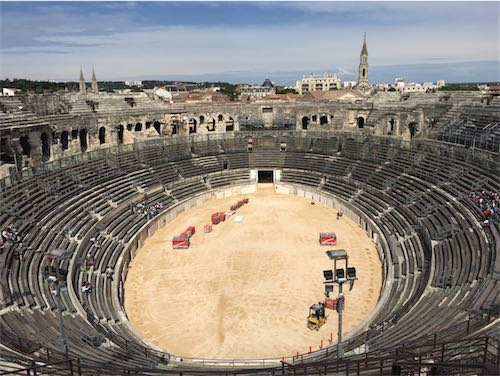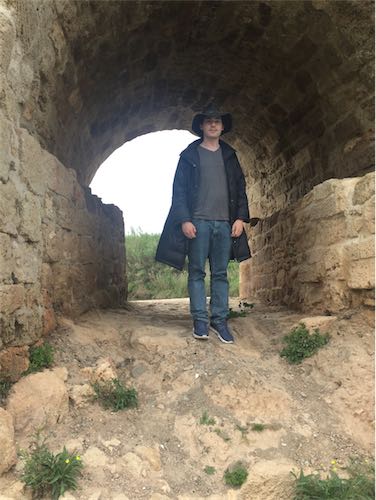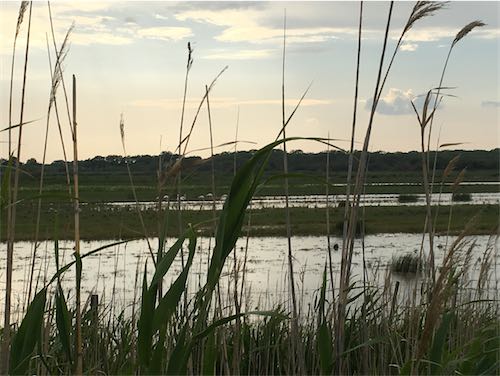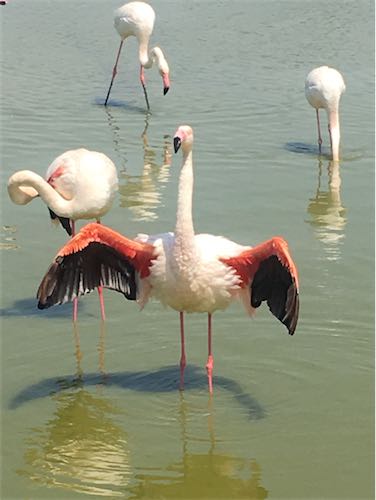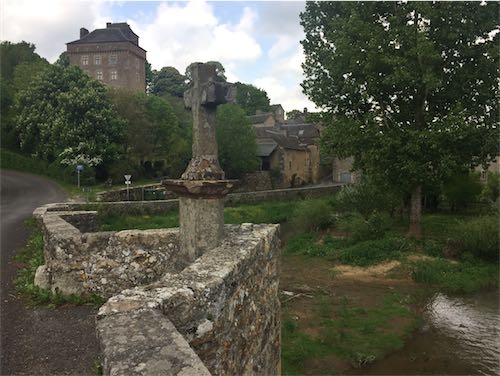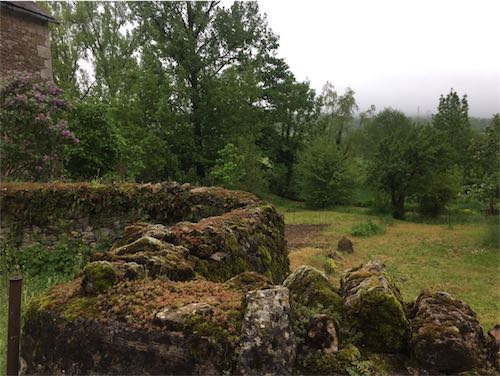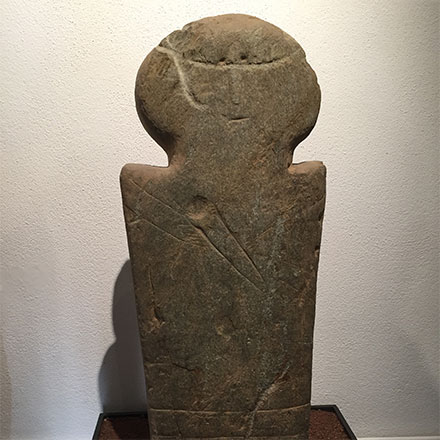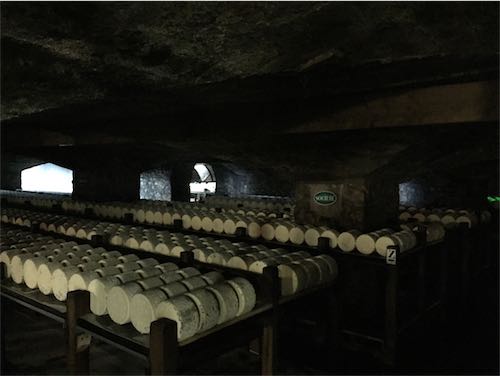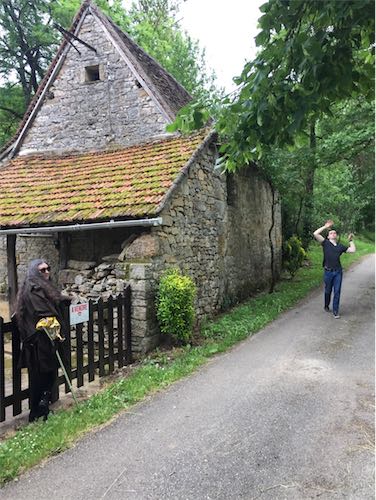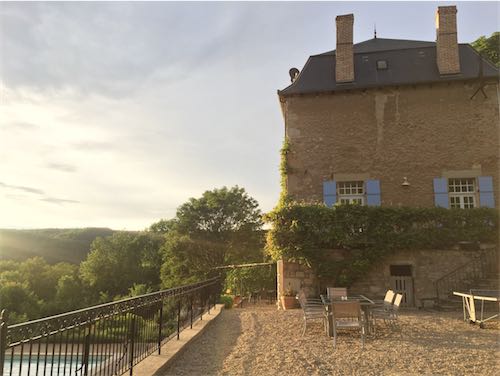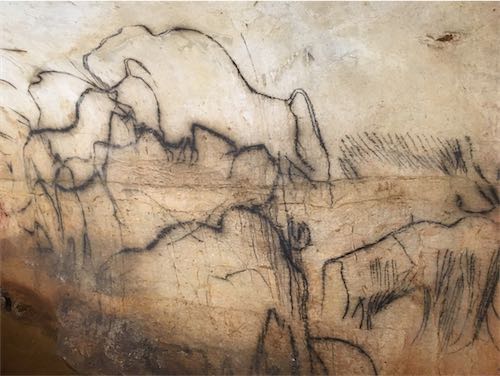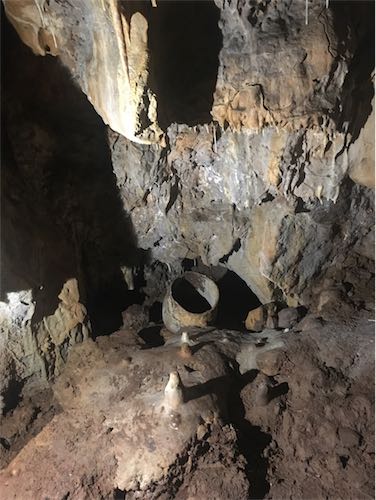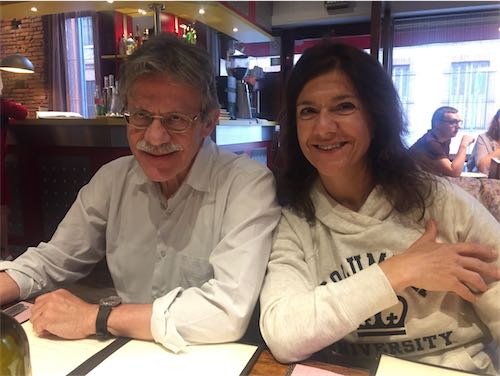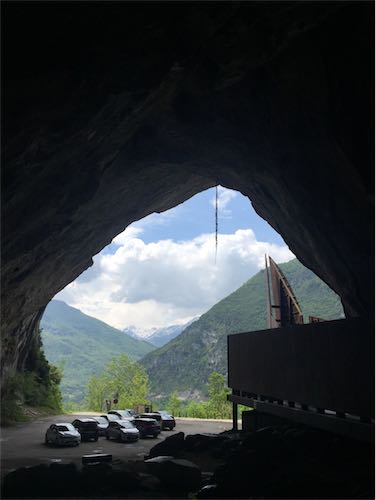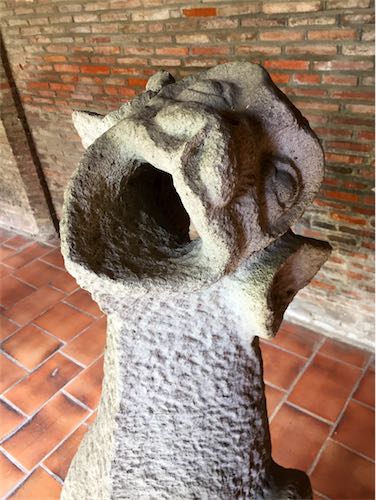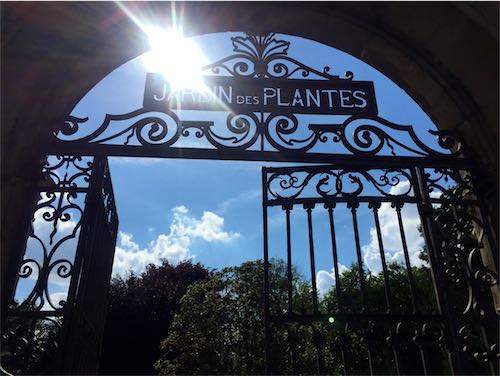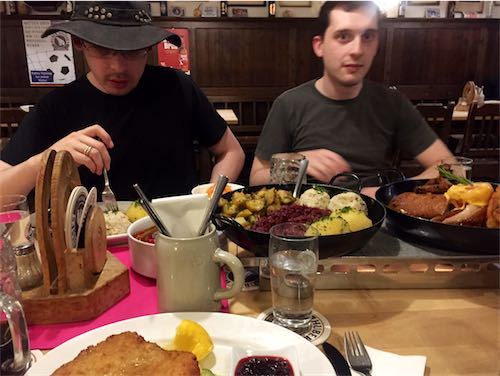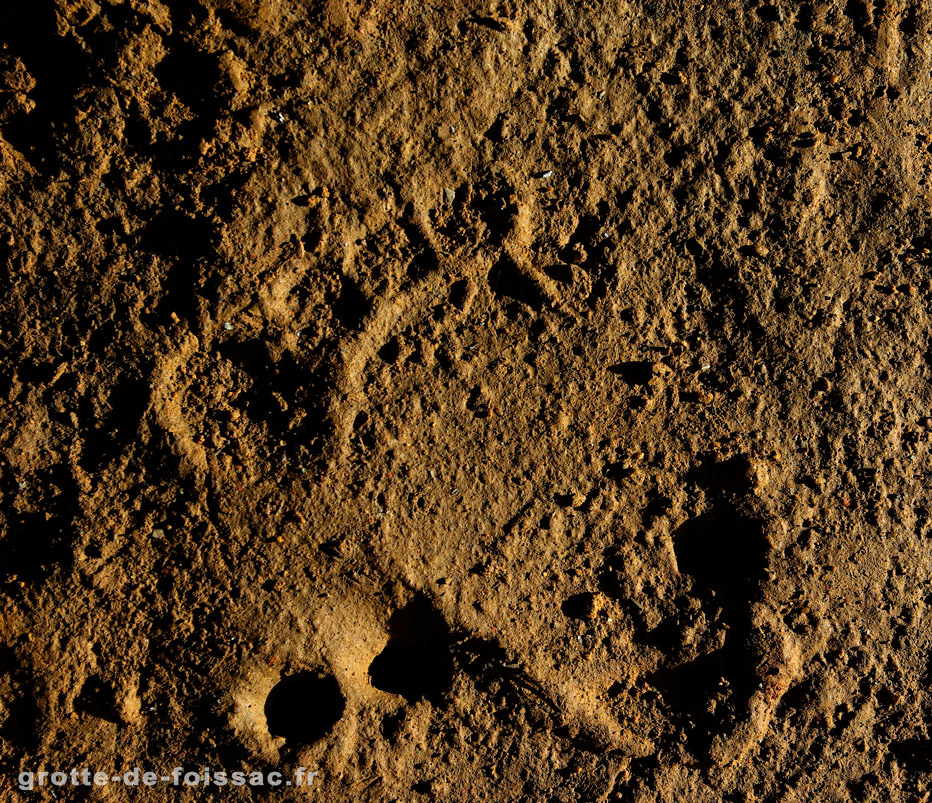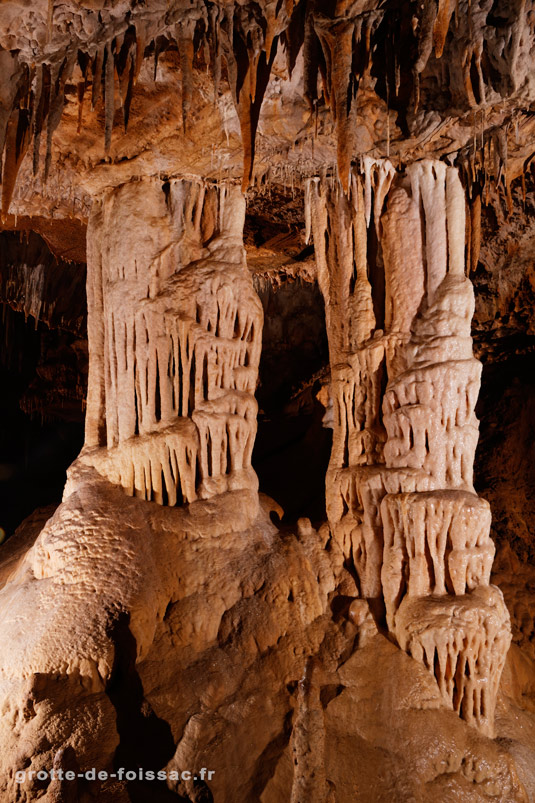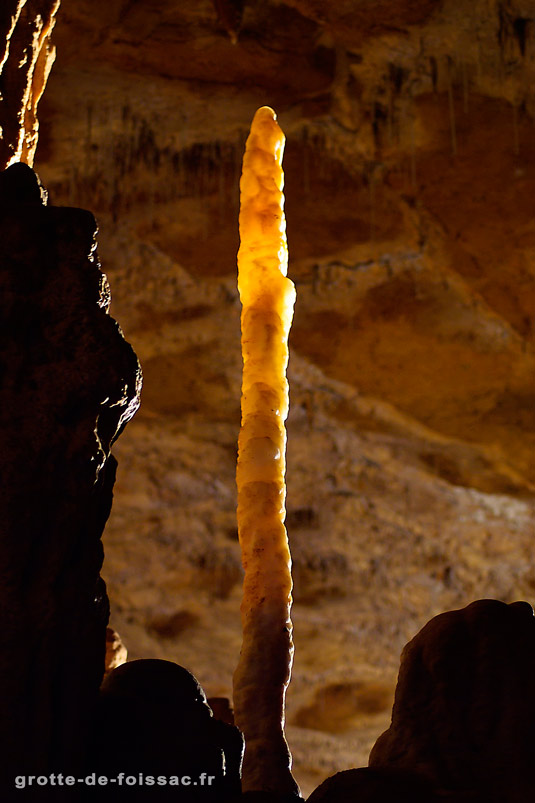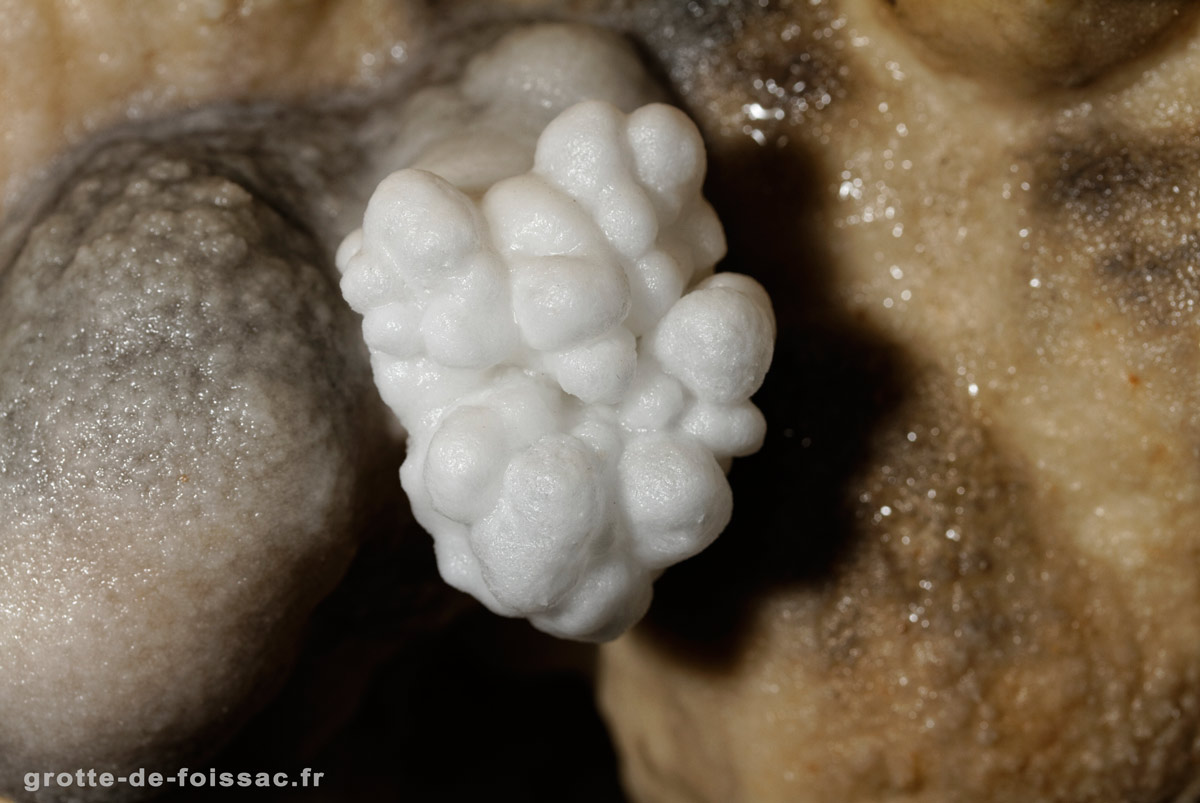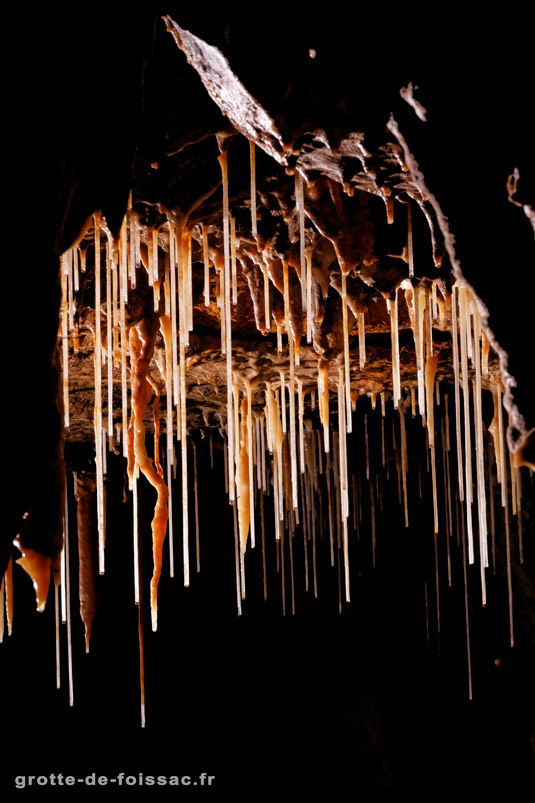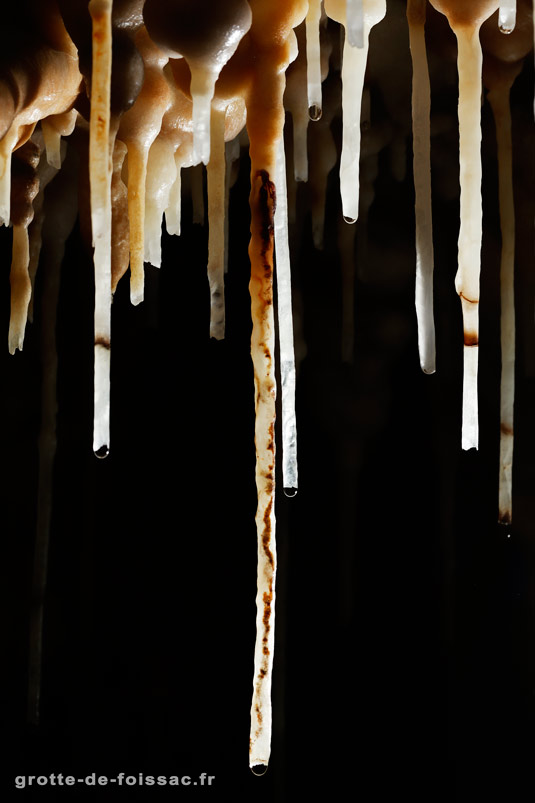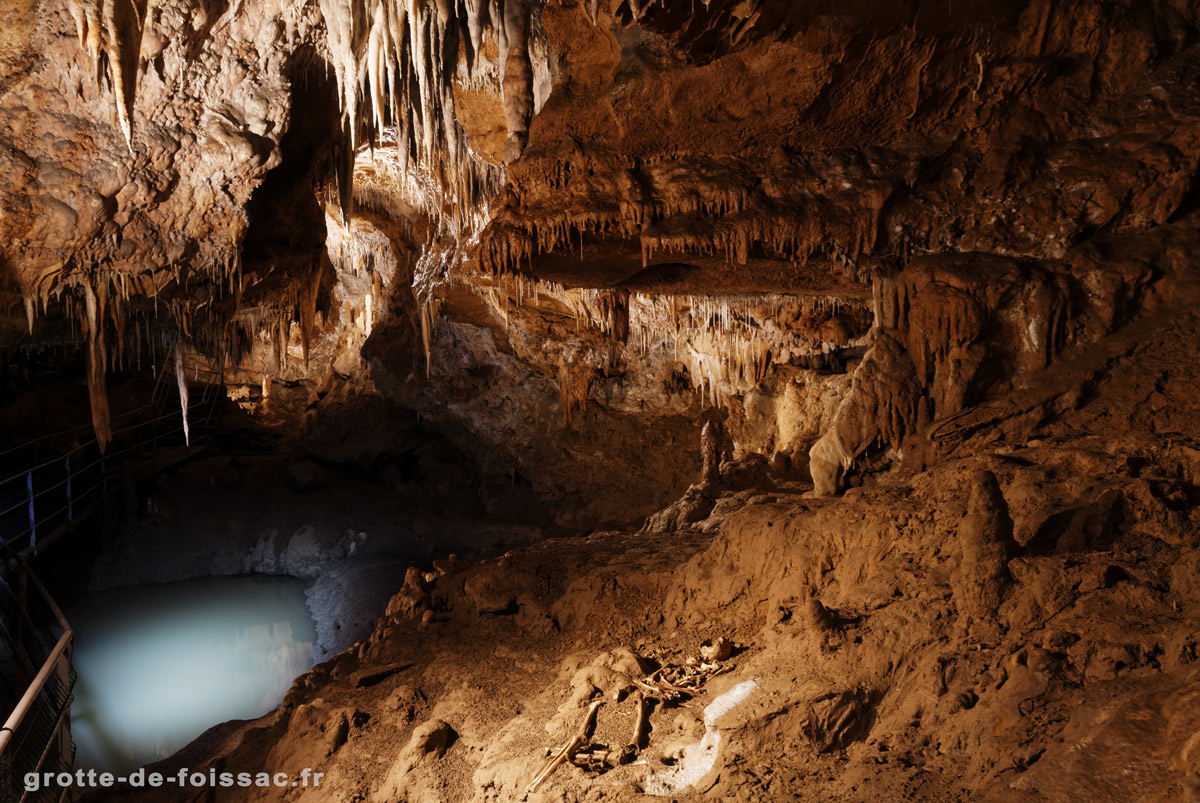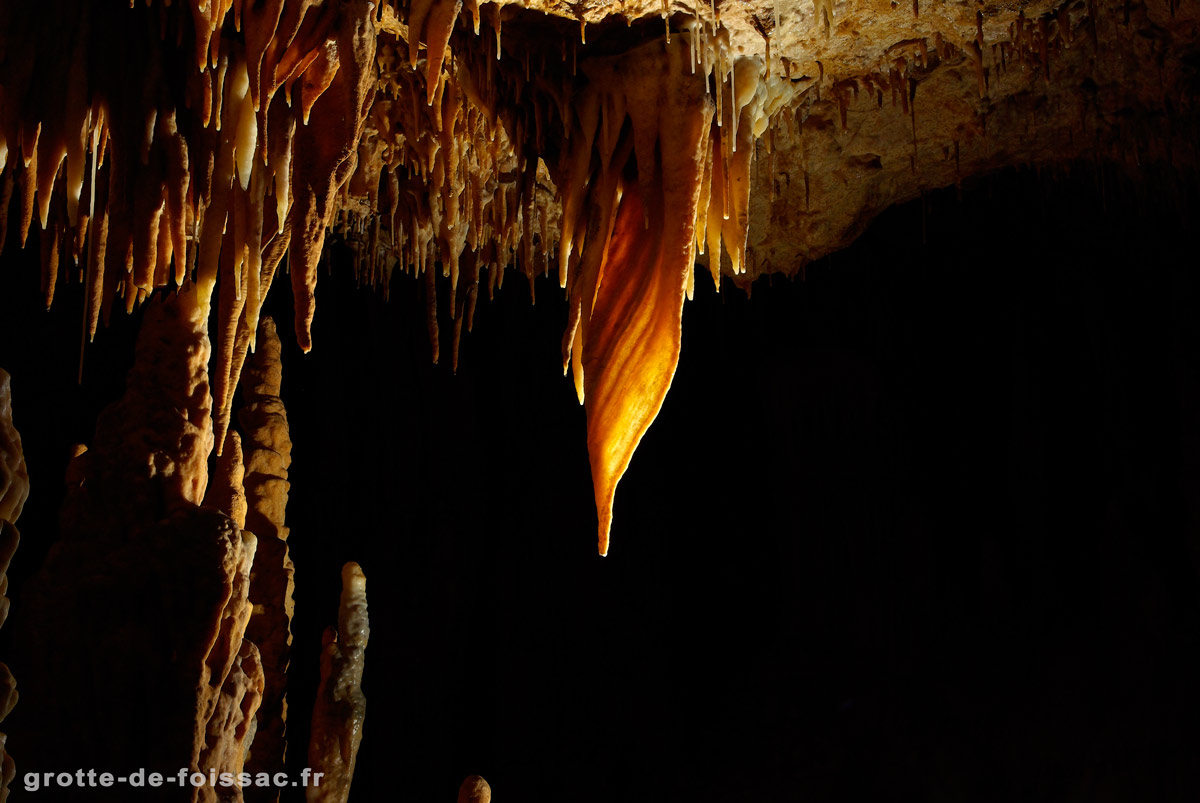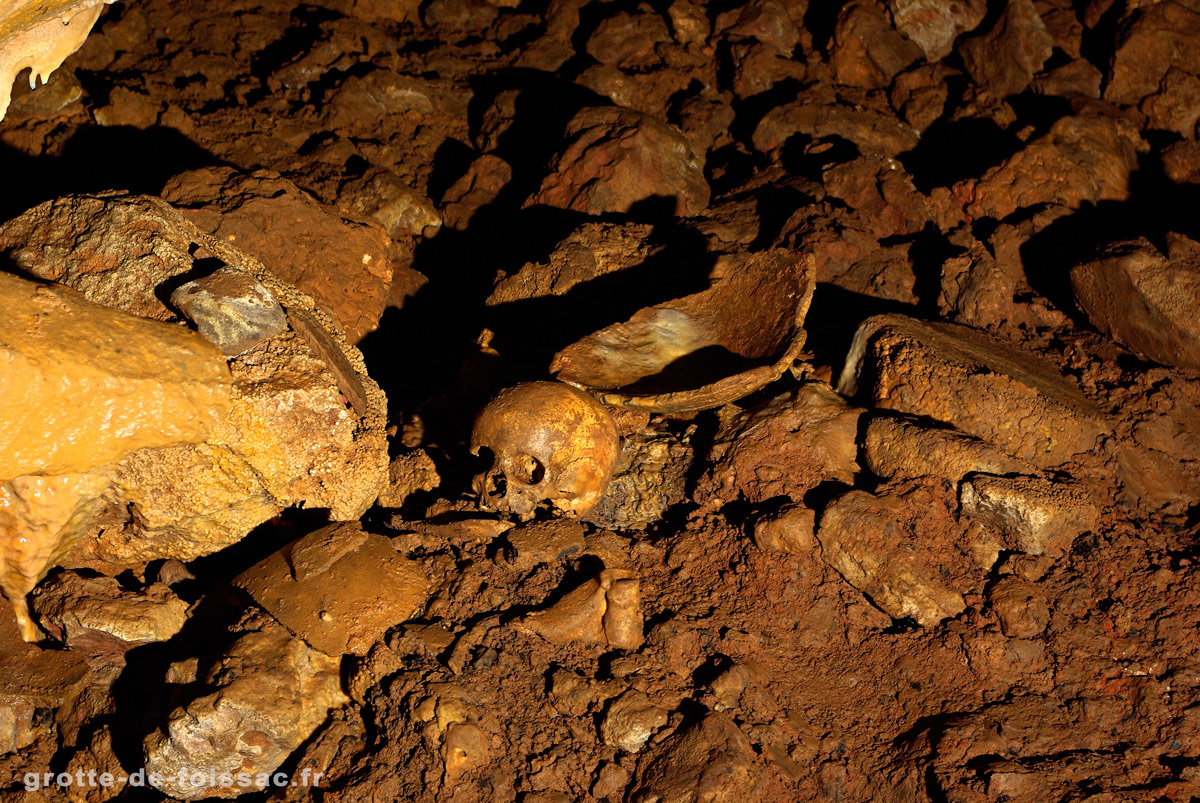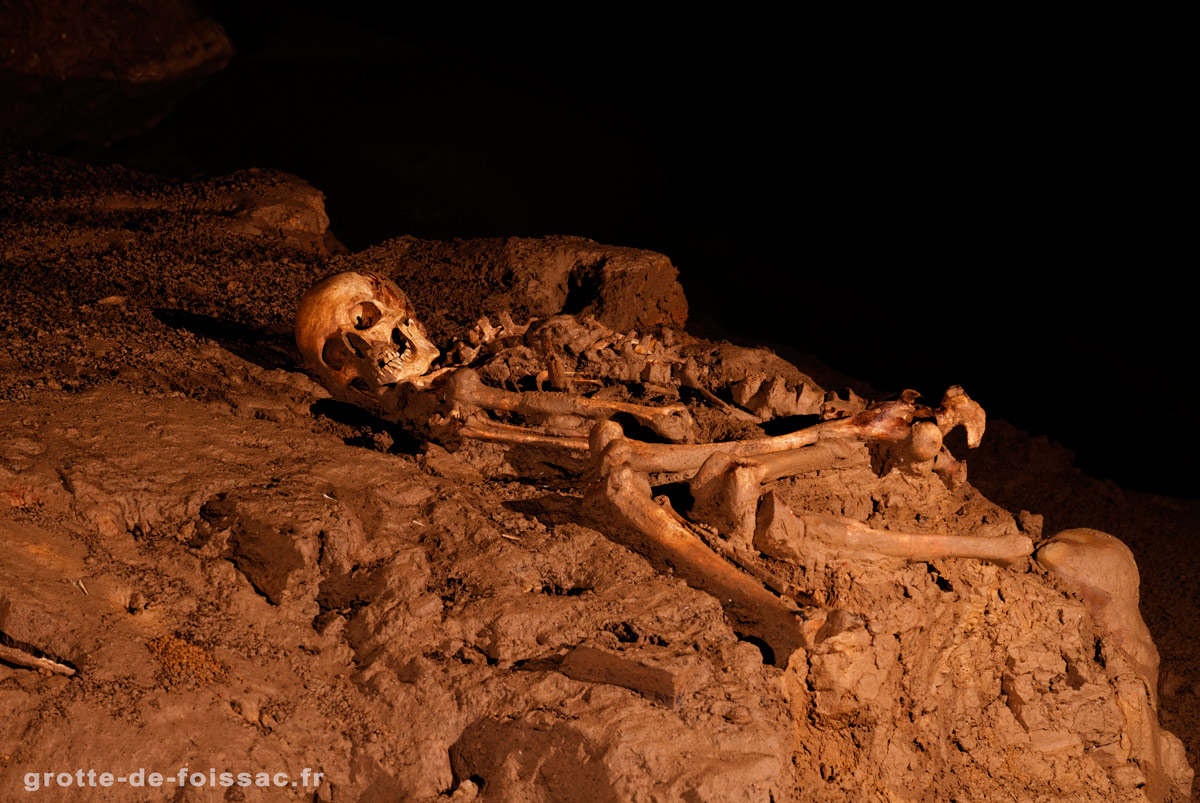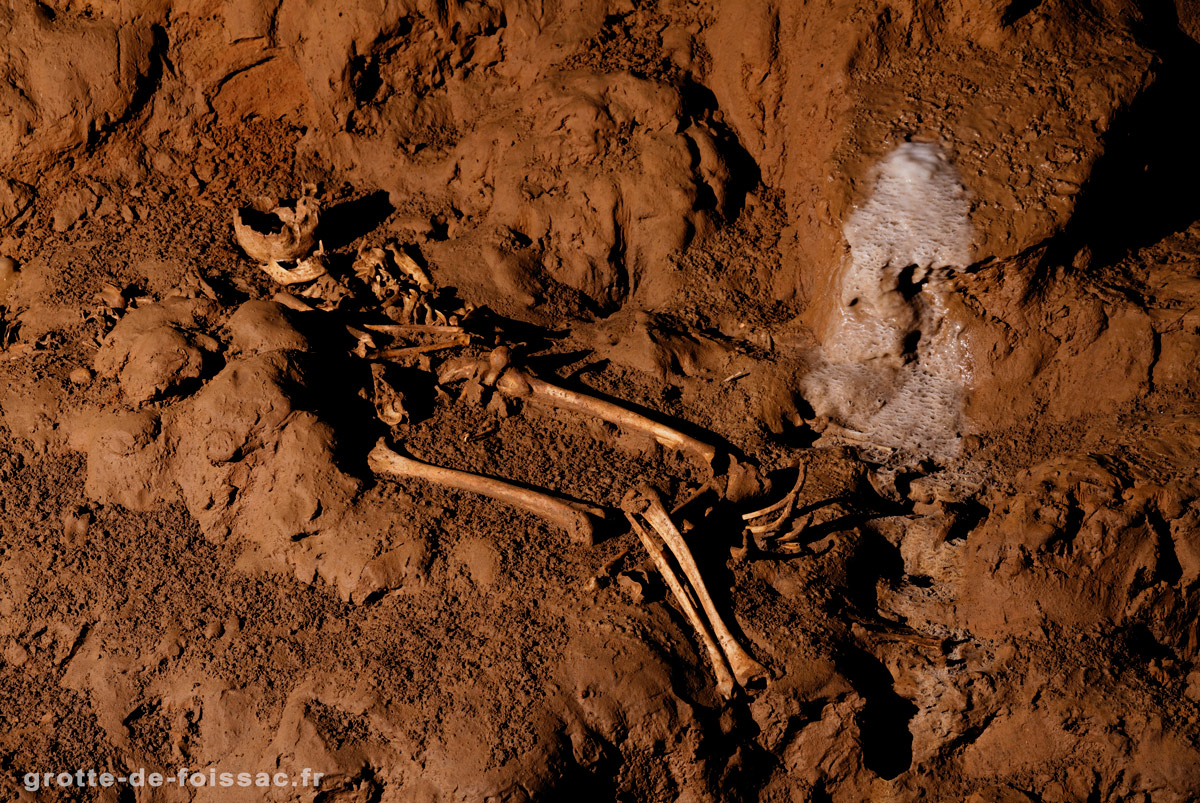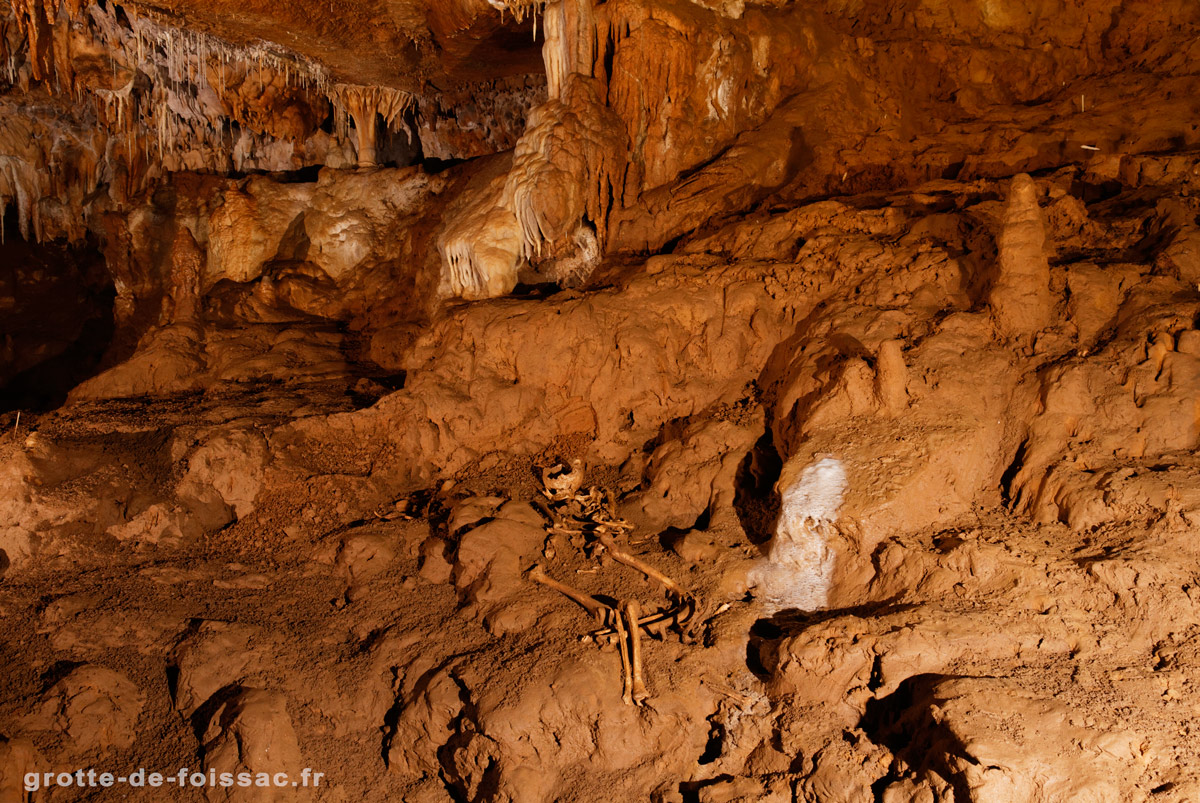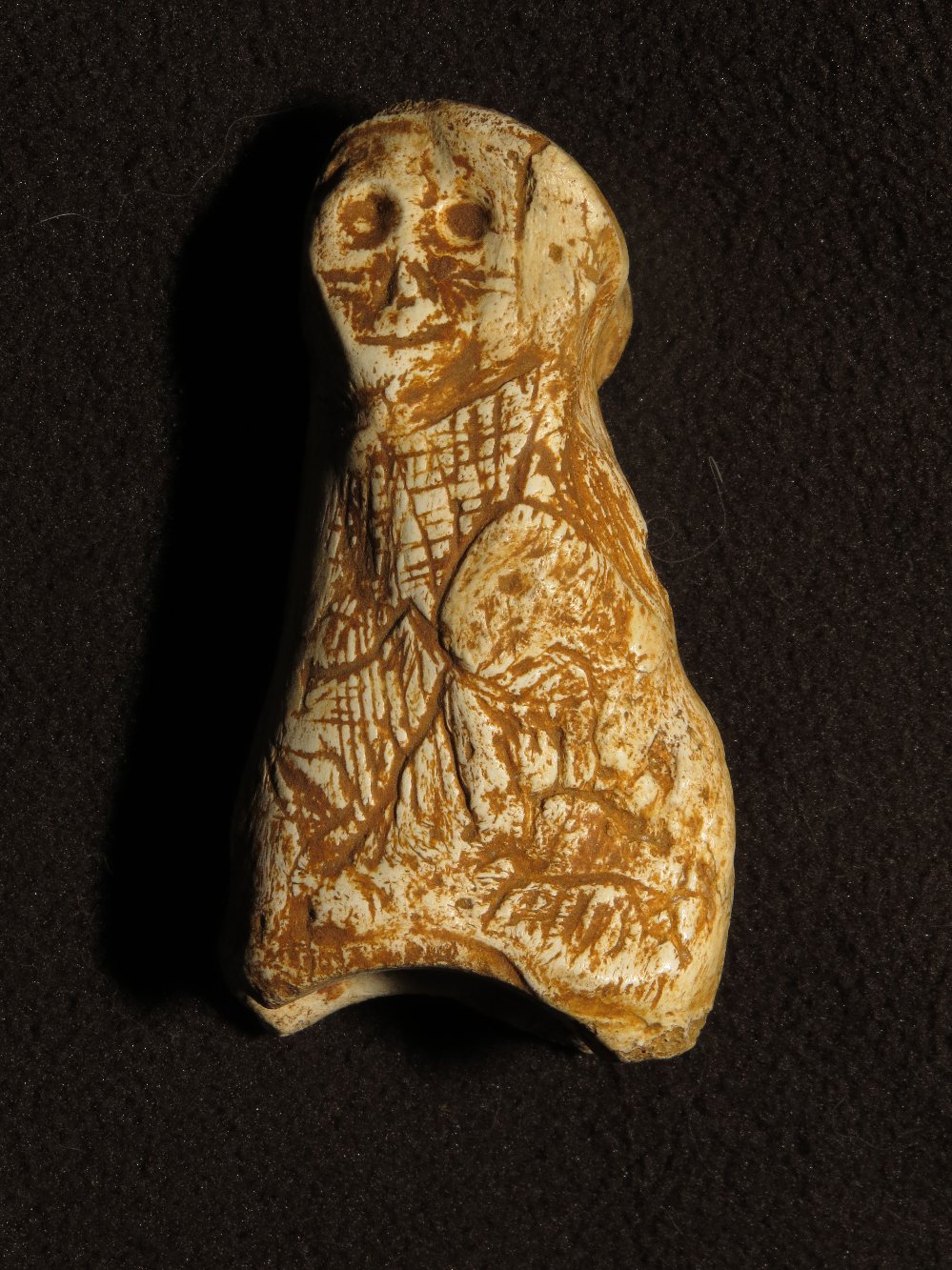Day 21 — Ambeyrac; Foissac Airbnb Rental — Ambeyrac, Villefranche-de-Rouergue, Aveyron, Occitania map
Tour of Grotte Préhistorique de Foissac (2018) [en française]
Today, we visited yet another limestone cave full of prehistoric finds: Grotte Préhistorique de Foissac.
The cave itself was fascinating and had formations not found in any other cave—strange bubble-like balls of calcite. Pierre de Lapanouse was our guide—there was just one other family—and gave us a great tour in English. He patiently answered our endless questions. The cave contains many human remains from 20,000 years ago as well as pottery, art, tools, and animals remains. All are still just as they had been found, in their original positions. About 4,500 years ago, the main entrance collapsed, and the cave was sealed. When rediscovered in the 1950s or so, the French scientists left it as discovered, not moving anything and taking care to even preserve a child’s footprint in soft clay that is over 20,000 years old.
Unfortunately, photographs were forbidden.
The guide mentioned that underneath the clay, they found evidence of human habitation stretching back 140,000 years including tools and such…amazing. The earliest known Cro-Magnons in Europe date back 40,000 years; 140,000 years was the time of the Neanderthals.
The skeletons are near the collapsed entrance. The scientists don’t know whether these individuals died during the cave-in or long before. While the answers may lie beneath the rubble at the cave entrance, they will not excavate it for fear of disturbing the “cave weather.” It is felt that disturbing the ecosystem may destroy both natural and archeological treasures.
The most unique item found in the cave is a Paleolithic carving of an anthropomorphic but enigmatic cat-like figure carved from the bones of an extinct animal with tools made of flint. It’s 20,000 years old.
Timothy searches the edge of the road in the hopes of finding something good. We call it “groveling.”
After a fun afternoon, we returned home for a foie gras and cheese picnic. A perfect ending to our tour of the region.
We went for a short evening walk around the vegetable garden—our tortoise Terri would love it here.
Other creatures do too. I still feel bad that I took all the sugar cubes from my pockets.
Today is our last day in the area. Tomorrow we return to Toulouse and spend a few days with Theodora “Dora” Varvarigou and Theodoros Panou—it’s nice to connect with friends in unlikely places!
